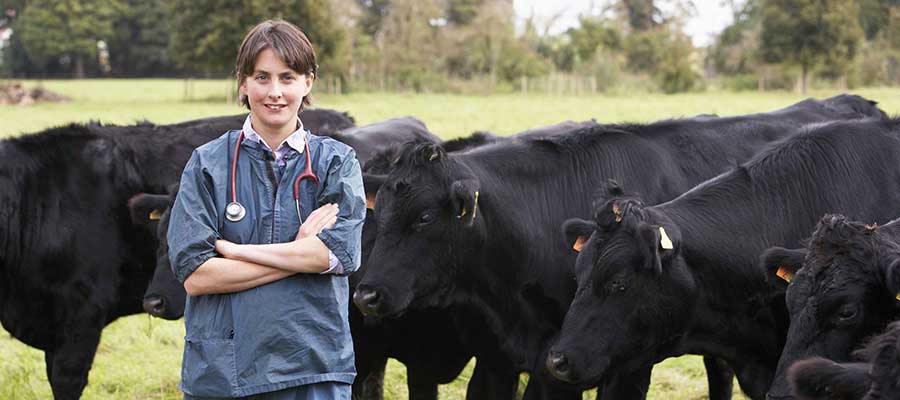
20 Apr ATTs and Veterinary Supervision
Around half of all supplier practices in England have navigated the training pathway for Approved TB Testers (ATTs) and now have non-vets supporting the delivery of TB testing. There are now more than 150 ATTs testing, well over 10% of the TB testing workforce, and many of them are testing full-time.
For many practices the challenge now is to ensure that they retain sufficient veterinary capacity to ensure that the RCVS Guidelines on indirect supervision can be real and available when required. This includes ensuring that the nominated Approved Veterinary Supervisor or ‘AVS’ (or their deputies) are available to carry out all their responsibilities even late on a Friday evening when the ATT returns from a long-running TB test and has to get their work submitted before the conclusion of the next working day.
Don’t forget that all persons who are nominated as either an AVS or a deputy AVS for any ATT must have had a fully compliant Farmcare audit within the two years prior to accepting the AVS role. Where there have been multiple audits within that period the last audit must have been fully compliant. Unlike for previous revalidation cycles a colleague’s practical assessment is not considered to be equivalent to a Farmcare audit for this purpose.
Details of the full responsibilities of the AVS can be found here: http://apha.defra.gov.uk/external-operationsadmin/library/documents/tuberculosis/TR540.pdf and they include:
Support for the ATT at all times including:
• guidance and if necessary, attendance, at any test where the ATT reports a H&S issue or incident
• attendance at any TB test in the event of challenge of results by the owner/keeper
• attendance at any TB test to examine any cattle for which the ATT reports suspicion of disease or referral to APHA if appropriate
• guidance and if necessary, attendance, at any test where the ATT reports animal welfare concerns
• attendance at any test in which the ATT reports suspicion of fraudulent activities
• Interpretation of the test results of any reactors or IRs whilst the ATT remains on-farm other than in exceptional circumstances where communications are impossible. Where communication on-farm is not possible the interpretation of results must be done as soon as possible after the ATT leaves the premises
• checking and sign-off of all tests carried out by the ATT and submission of the results.
The number of ATTs under the supervision of any single vet is capped at only one ATT in training per AVS at any time and no more than two ATTs at any given time. At any time, an AVS can therefore have:
• one ATT in training plus one authorised ATT or
• two authorised ATTs
The AVS can also act as a deputy for other ATTs who have a different vet nominated as their AVS.
A second deputy AVS may also be nominated for each ATT such that each ATT has a total of three vets who can submit their test results and provide all other aspects of support as required. This also means that for each two ATTs
employed a practice must add a new AVS vet who has a recent fully compliant Farmcare audit. For clarity, this means ensuring that all aspects of the Farmcare standard operating procedure as defined in the manuals must be followed, including thorough cleansing and disinfection both on and off the farm and having the full complement of spare kit available. Aspiring AVS candidates would be well advised to double check the current version of the TB QA Manual which is always available via the Farminsights website.
Note that the rules relating to which vet can submit work allow for certain ‘exceptional and unforeseen circumstances’ when an ATT has already completed day one of a test and neither the AVS nor either deputy AVS are available on the reading day due to unforeseen circumstances (e.g. due to sickness). In such circumstances a delegated OV with the OCQ(V) – TT can provide the supervision for the particular test to enable it to be completed, but APHA must be notified first.
